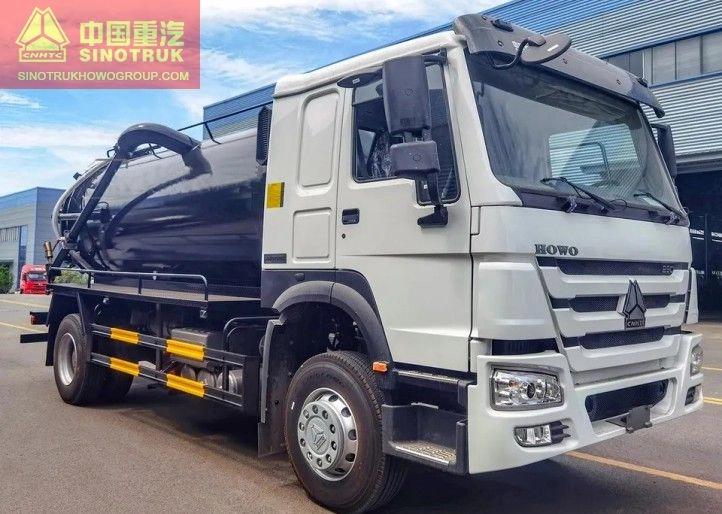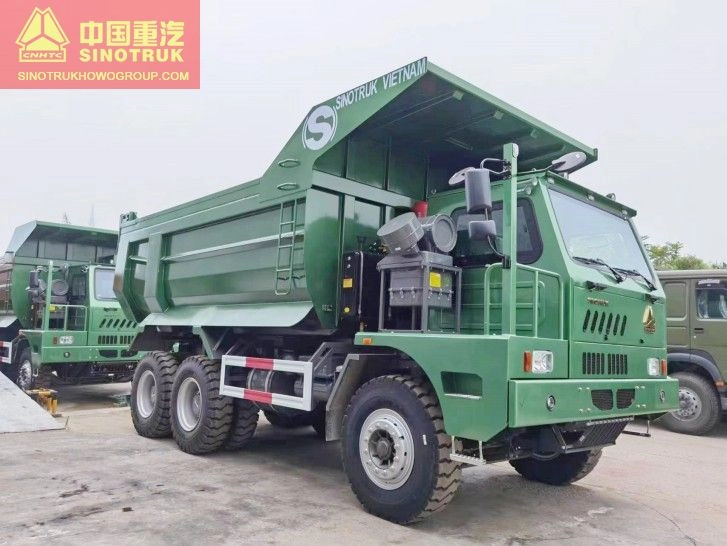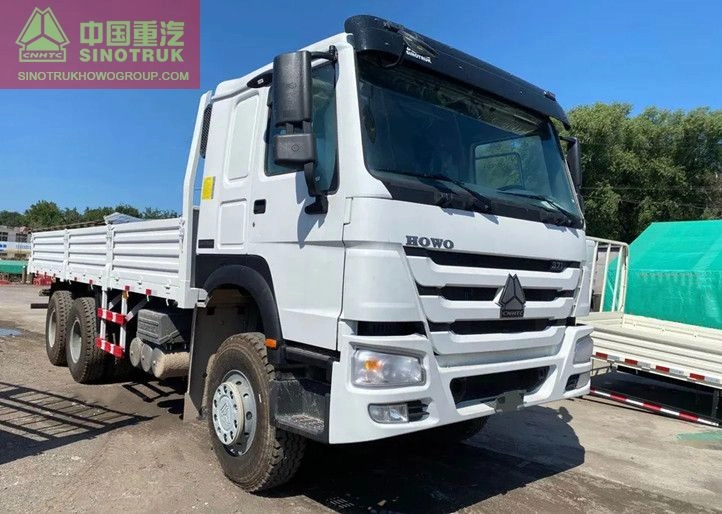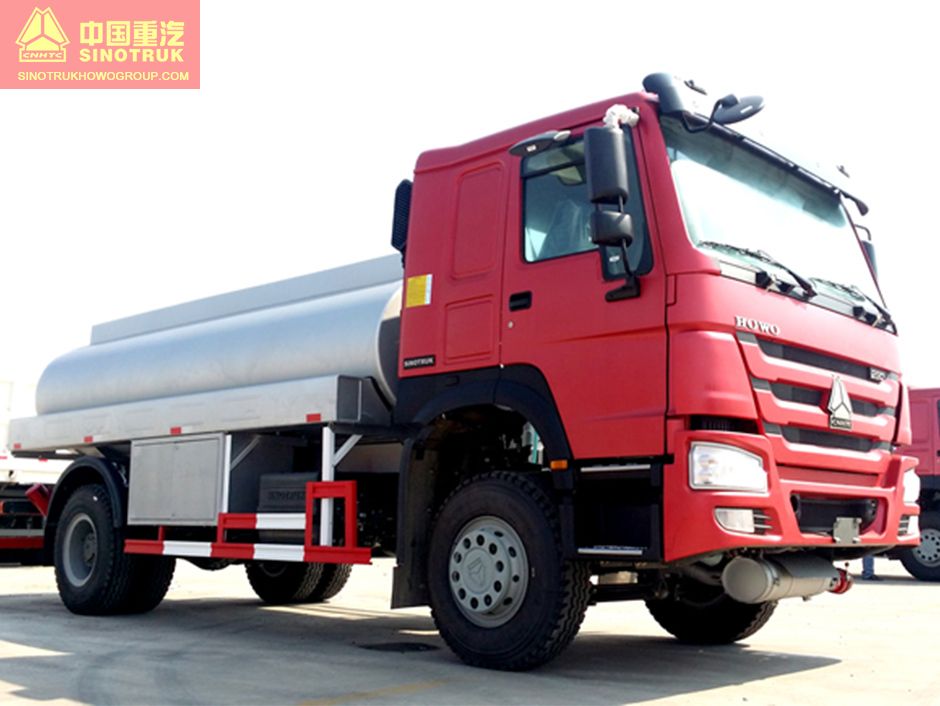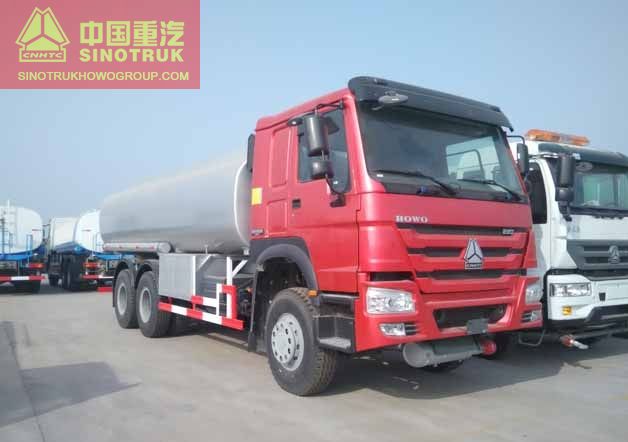oil tank trailer,oil tank trailer semi
- Release time:05-07-2024
- Source:Sinotruk HOWO
Catalog overview:
Understanding Oil Tank Trailers: The Heart of Transport Industry

In the bustling world of logistics and transportation, oil tank trailers play a pivotal role in safely and efficiently conveying liquid fuels across vast distances. These specialized vehicles are the backbone of the energy sector, ensuring a steady supply of oil to power homes, industries, and vehicles. This article delves into the intricacies of oil tank trailers, their design, operation, and the challenges they face, offering insights into the future of this crucial segment.
The Design and Functionality of Oil Tank Trailers
Oil tank trailers come in various sizes and designs, tailored to accommodate different types of liquid fuels and transportation needs. They are typically made from high-strength steel or aluminum to withstand harsh conditions and ensure durability. The tank is divided into compartments, allowing for the transportation of multiple fuels simultaneously. Safety features like pressure relief valves, emergency vents, and grounding chains are standard, ensuring the safe handling of flammable liquids.
For instance, the industry giant, Wabash National, designs their tank trailers with advanced composite materials that reduce weight, enhance fuel efficiency, and improve overall performance.
Operational Aspects and Regulations
Operating an oil tank trailer requires specialized training and strict adherence to safety regulations. Drivers must be certified in hazardous materials handling and follow the Department of Transportation (DOT) guidelines. Regular inspections, maintenance, and proper loading and unloading procedures are critical to prevent accidents and spills.
In a real-life scenario, the 2010 spill in Michigan highlighted the importance of proper handling, leading to stricter regulations and increased emphasis on driver training.
Challenges and Solutions in the Oil Tank Trailer Industry
The industry faces challenges such as environmental concerns, stricter regulations, and the need for improved efficiency. To combat these, manufacturers are investing in innovative technologies like tank insulation to minimize heat loss, and advanced tracking systems to monitor fuel levels and optimize routes.
For example, Schneider National has implemented GPS tracking and real-time data analysis, reducing idle time and fuel consumption, demonstrating the potential of technology in the sector.
The Future of Oil Tank Trailers: Embracing Sustainability
As the world shifts towards renewable energy, oil tank trailers are evolving too. The development of biofuels and electric vehicles presents new opportunities for the industry. Trailers are being designed to carry alternative fuels, and the focus is on creating more eco-friendly designs with reduced carbon footprints.
oil tank trailers are more than just a mode of transportation; they are a lifeline for industries and communities. As the industry adapts to changing times, it continues to innovate, ensuring the safe and efficient delivery of energy resources. From their robust design to their evolving role in a greener future, oil tank trailers remain a vital part of the global energy landscape.
oil tank trailer truck
1. Understanding Oil Tank Trailer Trucks
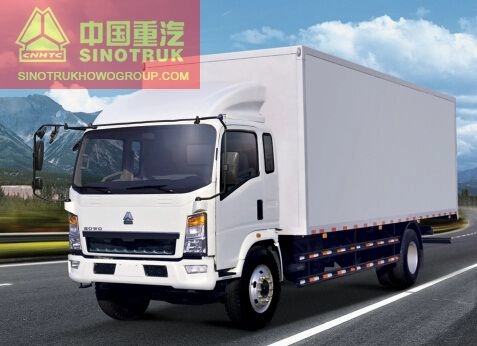
In the vast expanse of the transportation industry, a specialized vehicle stands out - the oil tank trailer truck. This powerful machine is an essential component in the logistics of oil and fuel transportation, playing a pivotal role in the global energy supply chain. With their robust design and specialized functionality, these trucks are built to safely and efficiently transport large quantities of liquid hydrocarbons, from crude oil to refined fuels.
2. Design and Functionality
An oil tank trailer truck, also known as a tanker truck, is a combination of a heavy-duty truck and a tank trailer, typically made of high-strength steel or aluminum to withstand the weight and volatility of its cargo. The tank is divided into compartments, allowing for the carriage of different types of liquids. The truck is equipped with safety features such as pressure relief valves, emergency shut-off systems, and spill containment measures to ensure minimal environmental impact in case of accidents.
For instance, the tanker truck model "Volvo FL Tanker" is renowned for its advanced safety features and efficient fuel consumption, making it a popular choice for oil transport companies.
3. Operation and Maintenance
Operating an oil tank trailer truck requires specialized training and certification due to the inherent risks involved. Drivers must be well-versed in handling hazardous materials and understand the intricate safety procedures. Regular maintenance is crucial to ensure the truck's optimal performance and prevent potential accidents. This includes inspecting the tank's integrity, testing safety equipment, and maintaining the truck's mechanical systems.
As a case study, the Shell Transport and Trading Company has stringent maintenance protocols in place, ensuring their fleet of tanker trucks remains in top condition.
4. Environmental and Safety Considerations
While oil tank trailer trucks play a vital role in energy distribution, they also pose environmental and safety challenges. Spills and leaks can have devastating consequences, hence strict adherence to regulations is paramount. Companies are investing in advanced technology, such as leak detection systems and improved tank designs, to minimize risks.
For example, the introduction of double-hulled tanker trucks has significantly reduced the likelihood of spillage during transport, demonstrating the industry's commitment to safety and environmental responsibility.
5. Future of Oil Tank Trailer Trucks
The future of oil tank trailer trucks is likely to be shaped by advancements in technology and the evolving energy landscape. As the world shifts towards cleaner energy, these vehicles may transition to carry biofuels or even play a role in the transportation of hydrogen. Meanwhile, autonomous driving technology could potentially enhance safety and efficiency in the sector.
oil tank trailer trucks are more than just a mode of transportation; they are a critical link in the global energy network. With a focus on safety, environmental responsibility, and technological innovation, the industry is poised to meet the challenges of an ever-changing world.
oil tank trailer semi
1. Understanding Oil Tank Trailers: A Key Component of the Logistics Industry
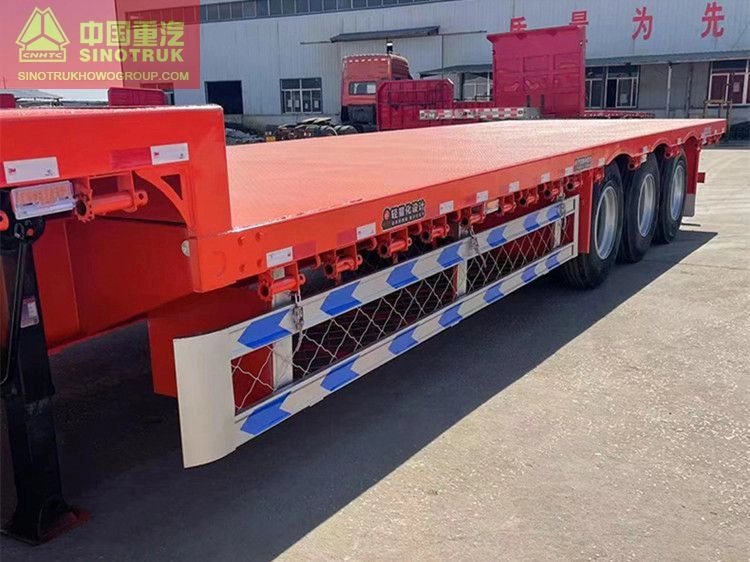
In the vast world of transportation and logistics, oil tank trailers are indispensable players, serving as the backbone of the liquid fuel supply chain. These specialized semi-trailers are specifically designed to transport and store a variety of liquid commodities, primarily oil and other hazardous liquids, across long distances. Their importance in the industry cannot be overstated, as they ensure a seamless flow of essential resources from production sites to distribution centers.
2. Design and Functionality of Oil Tank Trailers
An oil tank trailer is a sophisticated piece of equipment, combining engineering prowess with safety measures. The tank is typically made from high-grade steel or aluminum, providing durability and resistance to corrosion. It is divided into compartments to allow for the transportation of different types of liquids. The trailer is equipped with advanced features such as pressure relief valves, emergency vents, and manifold systems, ensuring safe and efficient handling of the cargo.
For instance, the tanker used by XYZ Logistics, a renowned transportation company, features a cutting-edge design with double-walled construction, adding an extra layer of protection against spills and leaks. This showcases the commitment to safety and environmental responsibility in the industry.
3. The Importance of Maintenance and Compliance
Maintaining oil tank trailers is not just about keeping them in good working order; it's a matter of regulatory compliance and public safety. Regular inspections, cleaning, and repairs are crucial to prevent accidents and ensure compliance with stringent industry regulations. Companies like ABC Transport Services adhere to strict maintenance schedules, conducting inspections at regular intervals to minimize the risk of equipment failure.
drivers of oil tank trailers must be certified in hazardous materials handling, emphasizing the need for skilled professionals in this field.
4. Environmental and Safety Considerations
Given the potential hazards associated with transporting volatile liquids, safety and environmental concerns are paramount. Oil tank trailers are designed with spill prevention and containment measures, such as secondary containment systems and leak detection devices. In the event of an accident, these features can minimize environmental impact and protect public safety.
For example, DEF Energy's fleet of tankers incorporates advanced tracking technology, allowing real-time monitoring of the tank's condition and immediate response in case of any anomalies.
5. The Future of Oil Tank Trailers: Innovations and Sustainability
As the world shifts towards cleaner energy, the oil tank trailer industry is also evolving. Manufacturers are exploring new materials and designs to enhance efficiency and reduce environmental footprint. Solar-powered monitoring systems, lightweight composites, and eco-friendly coatings are just a few examples of the innovations shaping the future of oil tank trailers.
oil tank trailers are more than just a means of transportation; they are integral to the global economy and energy supply chain. With a focus on safety, maintenance, and sustainability, the industry continues to evolve, adapting to the changing demands of our world. As we move forward, we can expect to see even more advanced and eco-friendly solutions in the world of oil tank trailer transportation.




